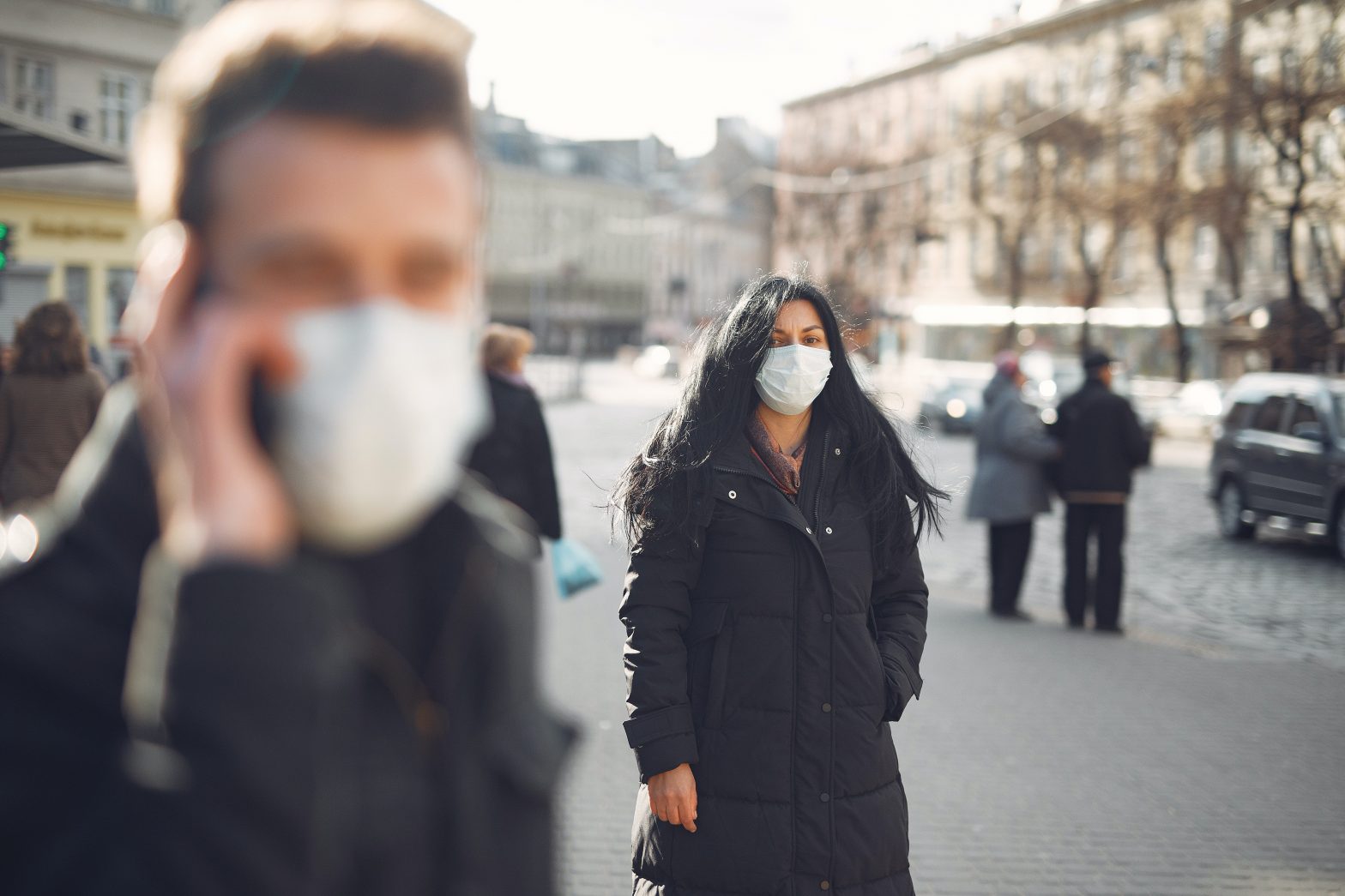Coronavirus is at the front of everyone’s mind, and has been for some time.
Schools have been closing across the UK over fears that pupils and staff have been exposed to the virus, either from being on holiday in affected countries or contracting it from those around them.
The virus has now fully spread into Europe, with the Foreign Office warning against all but essential travel to 11 quarantined towns in Italy. A hotel in Tenerife has also had to quarantine its guests after an outbreak of the virus occurred, meaning hundreds of guests are on lockdown.
Closer to home:
The UK has 85 confirmed cases and this number is expected to grow exponentially over the coming days and weeks. Britain’s Chief Medical Officer, Professor Chris Whitty, says that an epidemic in the UK is now likely.
The continual spread will mean people taking time off work and school in order to self-isolate, or avoid catching the disease altogether, which will affect the UK in a number of ways.
Schools out:
Schools across the UK have closed due to the coronavirus, with more likely to follow suit. Two of the schools which were quick to close their doors, Cransley School in Northwich, Cheshire, and Trinity Catholic College in Middlesbrough did so because pupils had returned from Italy, where more than 2,000 people have now tested positive for the virus. Pupils had been on a skiing trip in the Alpine Champs 2020 in the Italian Alps, and had begun to show flu-like symptoms.
If children are not able to go to school, someone will have to look after them, which oftentimes will mean parents staying home instead of going to work.
Will parents still be paid if they have to stay home to look after children?
If your child’s school is closed or another situation arises where you must look after them at short notice, your employer may have to give you time off to do so. You probably won’t be paid for it, however, unless that’s a perk in your contract.
It extends to other dependants too, including a domestic partner or parent.
If you can work from home, this may be a significant advantage, and it is expected that working from home will be encouraged by the government in the coming weeks.
What about if I am self-isolating?
This is a tricky one and will largely depend on the nature of the company you work for. A lot of companies will have it in their employees contracts that when they are sick they will still get paid. On the other hand, some will not.
Self-isolation is not as simple as this, as in most cases the person self-isolating is not actually sick, rather they are trying to avoid becoming sick. This may mean that they are not entitled to the sick pay laid out in their contracts. The decision will be down to the employers, and what they assess to be the reasonable thing to do.
The Department for Work and Pensions have urged employers to use “discretion and respect” when making decisions about sick pay for people in self-isolation.
Statutory sick pay
Boris Johnson has today announced that Statutory Sick Pay will be issued to those self-isolating due to the corona virus and it will be from the first day of self-isolation, instead of the third, as initially announced. This is a big step made by the government to encourage people to stay home from work and stop the virus from spreading further.
Contact us
We understand that the coronavirus outbreak comes with frustrating and sometimes confusing consequences. If you need any advice about your legal rights during this outbreak, please get in contact on 020 7928 0276 or email into info@lisaslaw.co.uk.
Follow us on Facebook, Twitter and LinkedIn!




Najlepsza aplikacja do kontroli rodzicielskiej, aby chronić swoje dzieci – potajemnie tajny monitor GPS, SMS-y, połączenia, WhatsApp, Facebook, lokalizacja. Możesz zdalnie monitorować aktywność telefonu komórkowego po pobraniu i zainstalowaniu apk na telefonie docelowym. https://www.mycellspy.com/pl/
Najczęstszymi przyczynami niewierności między parami są niewierność i brak zaufania. W czasach bez telefonów komórkowych i Internetu kwestie nieufności i nielojalności były mniejszym problemem niż obecnie.